Listening, Attention and Understanding
Speaking
-
Develop listening skills.
-
Contribute to classroom rules and routines.
-
Follow basic instructions, including the rules and routines.
-
Begin to focus attention, maintain concentration and participate in discussions.
-
Speak confidently and in sentences during independent play.
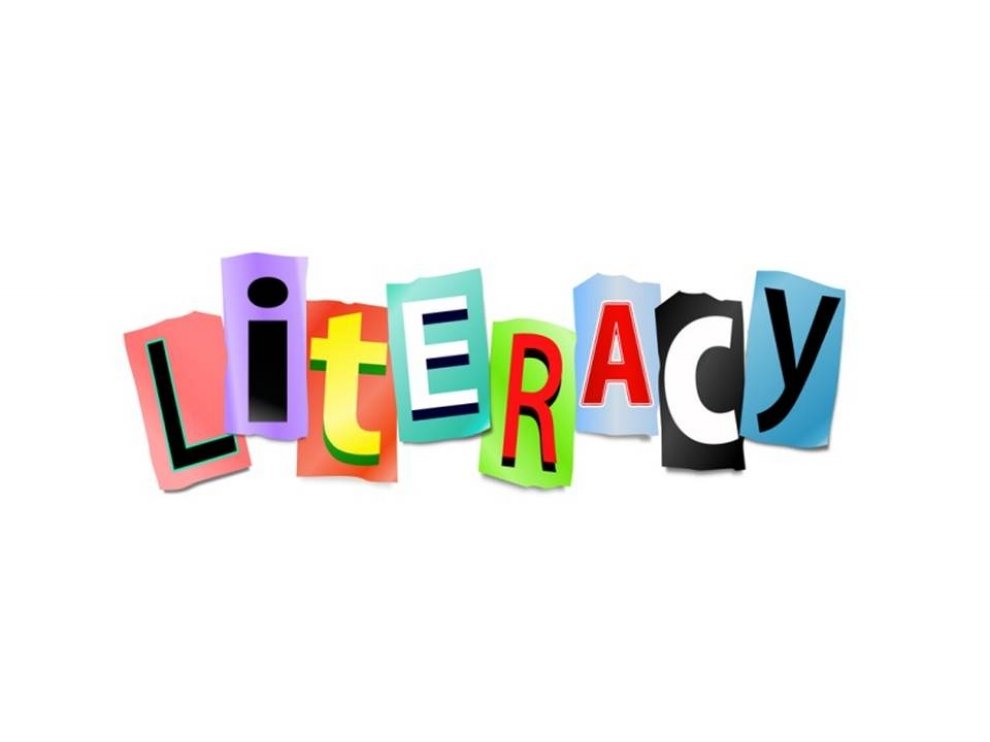
Comprehension
-
Children to take home a library book to share with their adults.
-
Demonstrate an understanding of what has been read to them.
-
Encourage children to retell stories and predict what might happen next.
Word Reading
-
Teach phonics using the Monster Phonics programme.
-
Encouraging children to read independently.
-
A reading book will also be sent home.
-
Say a sound for each letter of the alphabet.
Writing:
-
Develop fine motor skills – jigsaws, threading beads etc.
-
During structured play children will have free access to a wide variety of writing tools and materials.
-
Introduction to the way letters are formed.
-
Daily shared writing.
-
Encourage all children to give meanings to marks they make as they draw, write and paint.
-
Be able to say the sounds in a word like ‘bag’ and know which letters match the sounds.
-
Write useful words like ‘the’ and ‘was’.
-
Write short sentences.
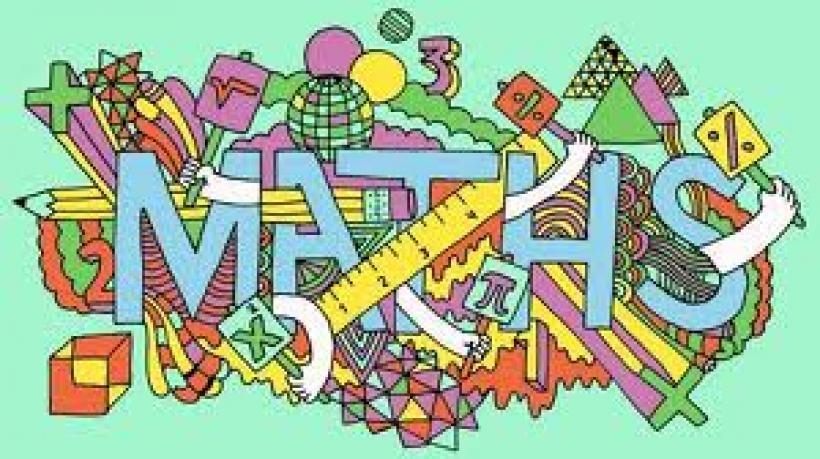
White Rose Maths
We continue to use the White Rose Maths scheme.
Number:
-
Alive in five!
-
Introducing zero
-
Comparing numbers to 5
-
Composition of 4 and 5
-
Compare mass
-
Compare capacity
-
Growing 6,7 and 8
-
Combining 2 amounts
-
Making pairs
-
Building 9 and 10
-
Counting to 9 and 10
-
Comparing numbers to 10
-
Bonds to 10
Numerical Patterns
-
Length and height
-
Time
-
3D shapes
-
Spatial awareness
-
Patterns
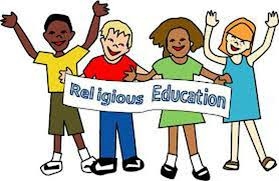
Branch 3: Galilee to Jerusalem.
Hear
The visit of the Magi (Matt 2:1-12).
What? Jesus blesses the little children (Mk 10:13-16).
How? Feeding of 5000 (Jn 6:1-14). to recognise key events).
Believe
The Magi visited Jesus with gifts.
Jesus is God’s Son and came for everyone.
Jesus’ birth is celebrated at Christmas.
Jesus came to show God’s love and welcomes everyone.
Jesus takes care of everyone.
Celebrate
That the Church prays the ‘Glory Be’ as a response to the coming of Jesus.
Live
We welcome and show love to everyone in our words and actions as Jesus does.
We are called to help the poor and hungry.
CST Solidarity and Paece
Branch 4: Desert to Garden.
Hear
A version of key events of Holy Week especially Good Friday and Easter Sunday.
The great commandment (Lk 10:25-28).
Believe
Listen to and talk about the season of Lent and Easter.
Jesus died on Good Friday and rose again on Easter Sunday.
Easter is a celebration that Jesus is with us still.
Easter celebrates new life.
Simple religious symbols in Lent and Easter.
Celebrate
The Church uses purple and ashes as signs of Lent and being sorry.
Representations of Holy Week and Easter: palms, the cross, Easter gardens, and symbols of new life.
Live
Exploring how various cultures celebrate Lent and Easter in different ways, for example: pancakes, hot cross buns, Easter eggs.
Trying to help others by what we do in Lent.
CST Community and Participation
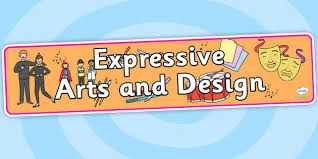
Creating with Materials
-
Create simple representatives of people and objects.
-
Choose particular colours to use for a purpose.
-
Construct with a purpose in mind, using a variety of resources.
-
Introduces a story line or narrative into their play.
Being Imaginative and Expressive
-
Use puppets/ props to retell stories.
-
Sing songs based on traditional tales.

Gross Motor Skills
The children will have the opportunity to explore and have a go at:
-
Outdoor games.
-
Ball games.
-
Finding space
-
Using control
-
The children can solve problems for example;
-
How could we cross the …?
Children partake in PE sessions with Non-Stop action coaches.
Fine Motor Skills
-
Hold pencil effectively.
-
Use a range of small tools including scissors.
-
Show accuracy when drawing.
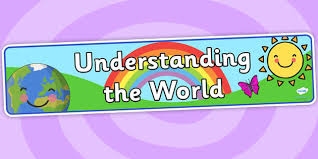
Past and Present
-
Understand the past through settings, characters and events encountered through books read in class.
-
Explore castles and towers. How does living in a castle compare to where you live?
People, Culture and Communities:
-
Describe the immediate environment. Go on a walk along Durant’s Road.
The Natural World:
-
Observing changes that occur during the season of Spring
-
Talk about weather patterns for Spring.
-
Planting beans. Observing any changes.
-
What does a plant need to grow?

Personal, Social and Emotional Development:
Self Regulation.
Managing Self
Building Relationships
-
Can play in a group, extending and elaborating play ideas, e.g. building up a role-play activity with other children.
-
Initiates play, offering cues to peers to join them.
-
Keeps play going by responding to what others are saying or doing.
-
Demonstrates friendly behaviour, initiating conversations and forming good relationships with peers and familiar adults.
-
Can select and use activities and resources with help.
-
Welcomes and values praise for what they have done.
-
Enjoys responsibility of carrying out small tasks.
-
Is more outgoing towards unfamiliar people and more confident in new social situations.
-
Confident to talk to other children when playing, and will communicate freely about own home and community.
-
Shows confidence in asking adults for help.
-
Aware of own feelings, and knows that some actions and words can hurt others’ feelings.
-
Begins to accept the needs of others and can take turns and share resources, sometimes with support from others.
-
Can usually tolerate delay when needs are not immediately met, and understands wishes may not always be met.
-
Can usually adapt behaviour to different events, social situations and changes in routine.